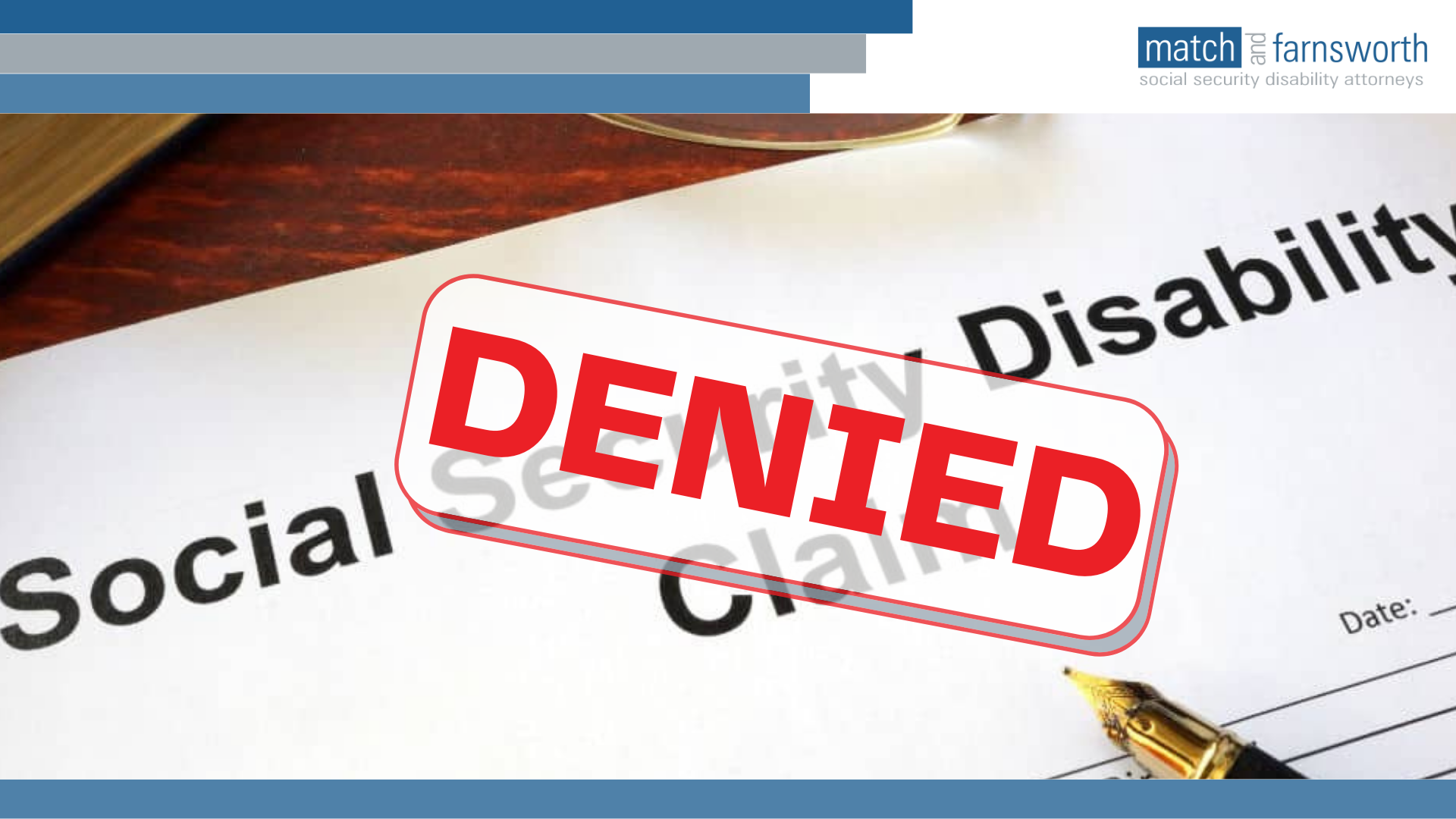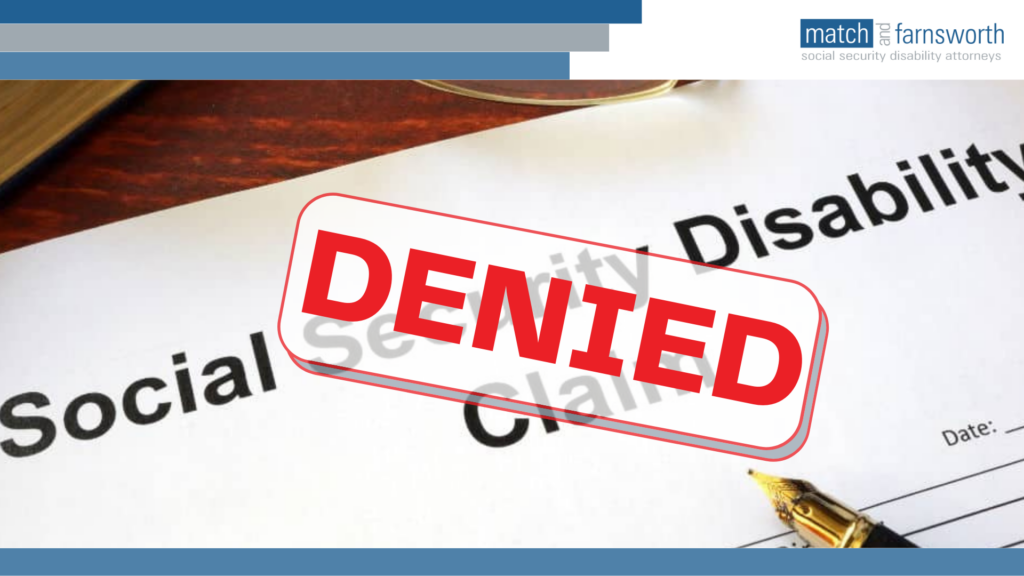
When pursuing a claim for Social Security Disability or Supplemental Security Income payments, it is critical to understand the importance of following any prescribed treatment. Failure to follow prescribed treatment can result in a denial of benefits.
Criteria for Denial of Benefits
For the Social Security Administration to deny benefits for failure to follow prescribed treatment, they must establish the following:
- The individual is disabled.
- The individual failed to follow the treatment prescribed by their physician.
- There is no good cause for the failure to follow that treatment.
- The treatment would be expected to restore the individual’s ability to engage in work.
These policies and procedures are explained in Social Security Ruling 18-13p, which outlines under what circumstances the Social Security Administration can deny a claim based on a failure to follow prescribed treatment.
The SSA’s Process
Basically, the analysis requires that an individual be found to be disabled. Only then does the analysis of whether they failed to follow prescribed treatment begin.
If an individual’s own doctor has prescribed treatment for a disabling impairment, and they have failed to follow that treatment, the Social Security Administration will analyze whether that treatment would be expected to restore the individual’s ability to work.
Good Cause for Failure to Follow Treatment
If there is a failure to follow a treatment prescribed by the individual’s doctor, which would have restored the ability to work, then the Social Security Administration will move on to determine if there is a “good cause” for that failure.
Some reasons that would be good cause for failure to follow prescribed treatment include:
- Religious belief
- Cost
- Incapacity (inability to understand the consequences of failing to follow treatment)
- Medical disagreement
- Intense fear of surgery
- Prior history of surgery or other treatment that was unsuccessful
- High risk of loss of life or limb
- Likely loss of vision
- Recommendation of amputation of an extremity
- Risk of opioid addiction
An individual seeking benefits bears the burden to establish the reason or “good cause” for failure to follow prescribed treatment.
Denial of Claim
If none of these types of “good cause” exist for failure to follow prescribed treatment, the claim will likely be denied for failure to follow prescribed treatment that is likely to restore an ability to engage in work.
If you have a claim for benefits where you are found to be disabled and entitled to benefits, but the claim is denied for a failure to follow prescribed treatment, it is important to contact an experienced attorney. They can assist you in explaining to the Social Security Administration the circumstances of your claim and why benefits should be awarded.


